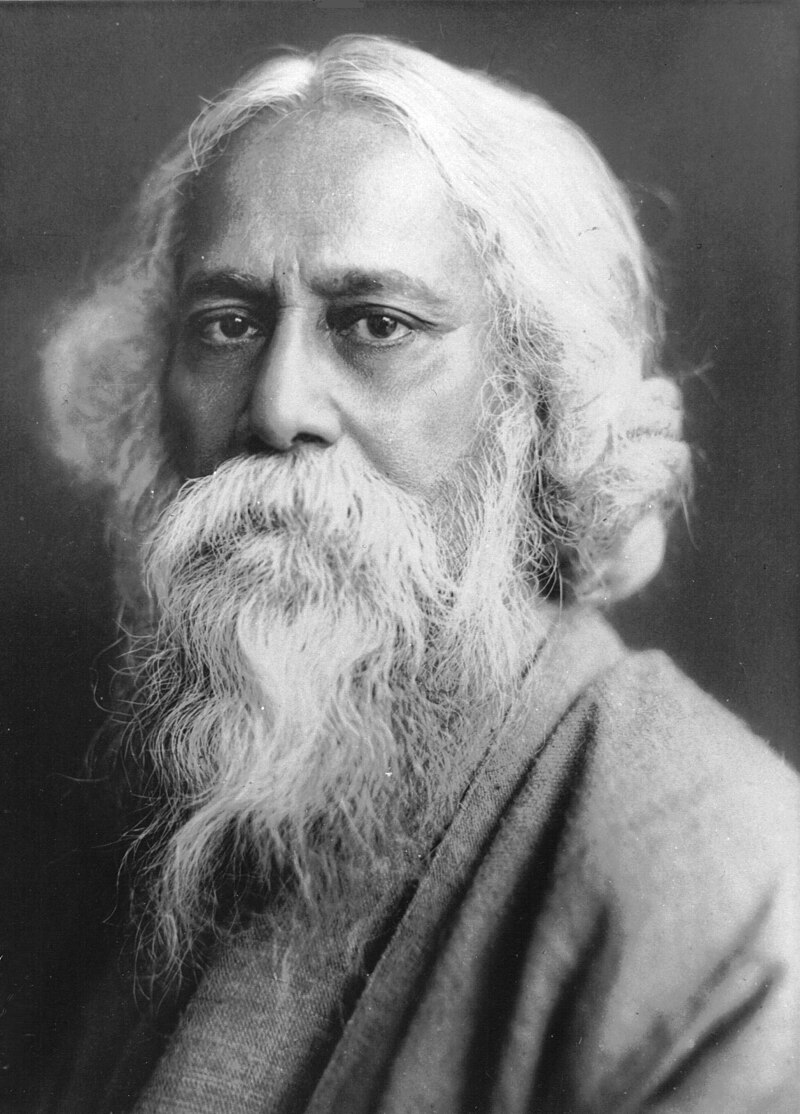Exploring the Legacy of Rabindranath Tagore: A Beacon of Literature and Culture
Rabindranath Tagore, often hailed as Gurudev, stands as an iconic figure in the realms of literature, poetry, music, and art. His contributions to Bengali literature and Indian culture are unparalleled, earning him global recognition and admiration. In this article, we delve into the life, works, and enduring legacy of this visionary artist, philosopher, and Nobel laureate.

Early Life and Education: Rabindranath Tagore was born on May 7, 1861, in Calcutta (now Kolkata), into a prominent Bengali family renowned for its contributions to literature and the arts. His upbringing in a culturally rich environment laid the foundation for his creative pursuits. Tagore received a traditional education at home and later studied law in England but ultimately returned to India without completing his degree, driven by a deep sense of connection to his homeland.
Literary Achievements: Tagore's literary oeuvre encompasses a vast array of genres, including poetry, short stories, novels, essays, and plays. His poetic works, in particular, are celebrated for their lyrical beauty, philosophical depth, and universal themes of love, nature, spirituality, and humanism. Notable works such as "Gitanjali," "Kabuliwala," and "Chokher Bali" continue to captivate readers across generations, transcending linguistic and cultural boundaries.
Musical Legacy: Beyond his literary prowess, Tagore was also a prolific composer and musician who revolutionized Bengali music with his compositions known as Rabindra Sangeet. His songs, infused with poignant melodies and profound lyrics, reflect his deep connection to nature and the human experience. Rabindra Sangeet remains an integral part of Bengali culture, cherished for its timeless beauty and emotional resonance.
Philosophical Vision: Tagore's philosophy, often characterized by ideals of universalism, humanism, and spiritual harmony, continues to inspire thinkers, scholars, and social reformers worldwide. He emphasized the importance of education, creativity, and cultural exchange as catalysts for societal progress and understanding. Tagore's philosophy of "unity in diversity" resonates strongly in today's multicultural world, promoting tolerance, empathy, and mutual respect.
Legacy and Impact: Rabindranath Tagore's legacy extends far beyond his literary and artistic achievements. He was the first non-European to be awarded the Nobel Prize in Literature in 1913, a testament to his global influence and significance. Tagore's profound insights into the human condition, coupled with his unwavering commitment to social justice and peace, continue to inspire individuals to this day, fostering a legacy of enlightenment and cultural enrichment.
Rabindranath Tagore remains a towering figure in the annals of literature and culture, his legacy enduring as a beacon of wisdom, creativity, and humanism. Through his timeless works and visionary ideals, Tagore continues to touch hearts, provoke minds, and transcend boundaries, reminding us of the enduring power of art, literature, and the human spirit. As we celebrate his life and legacy, may we draw inspiration from his words and deeds to create a more enlightened and harmonious world for generations to come.

 Cricket Score Counter
Cricket Score Counter Heads or Tails
Heads or Tails
You have not logged in, please Login to comment.